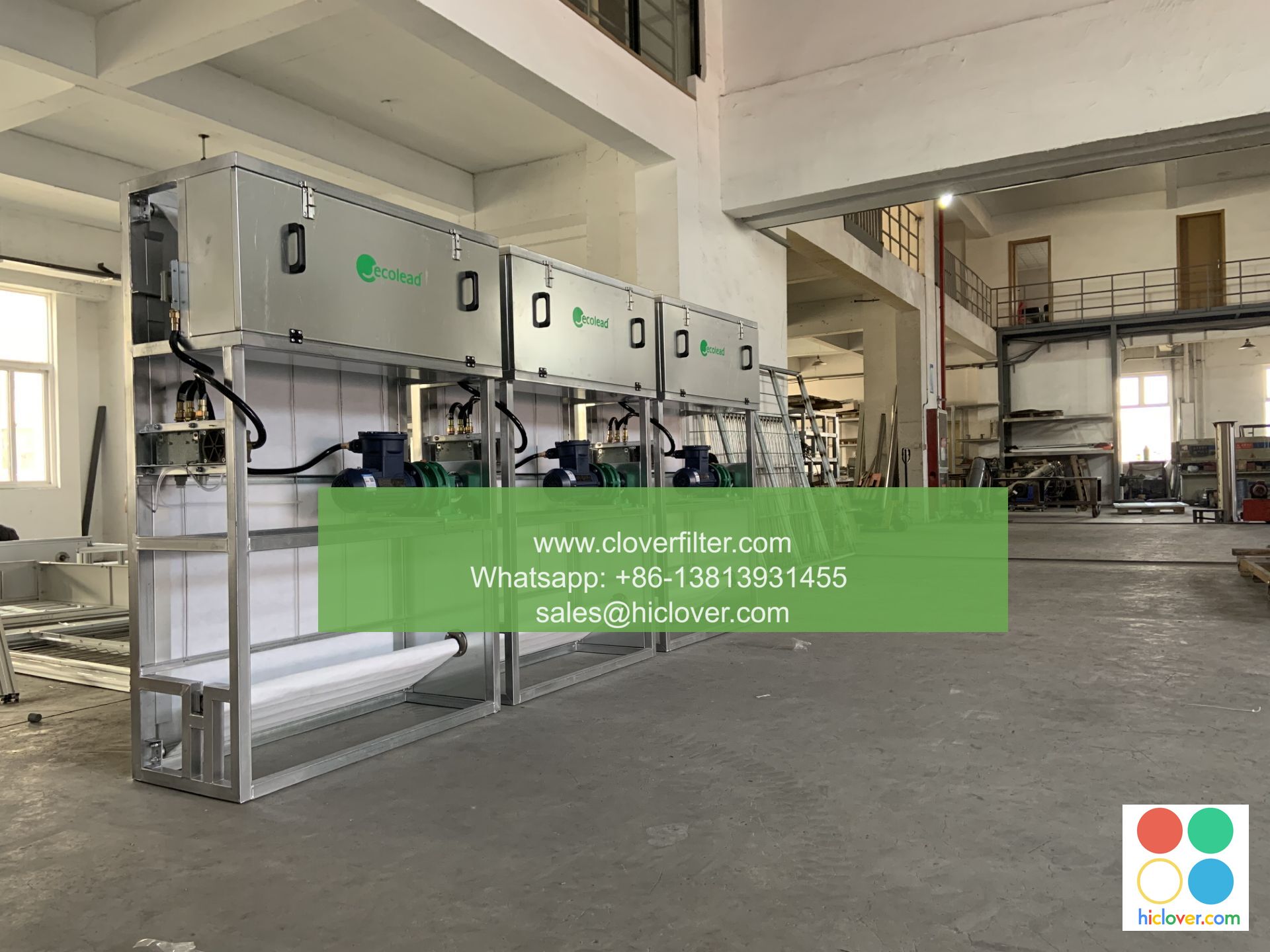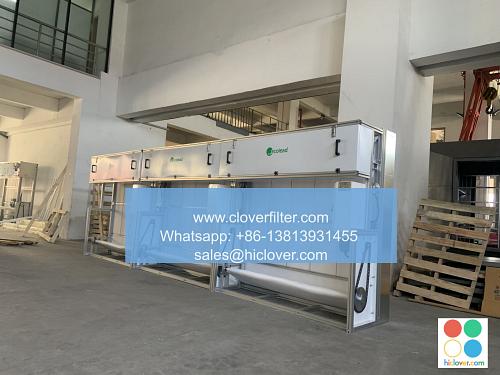Air Filter Industry Standards and Regulatory Compliance: A Guide to Enforcement

The air filter industry is a complex and highly regulated sector, with various standards and regulations governing the design, manufacture, and use of air filters in different applications. Regulatory compliance is crucial to ensure the safety and efficacy of air filters, as well as to prevent indoor air pollution and other environmental hazards. In this article, we will provide an overview of the key industry standards and regulations, highlighting various application areas and the importance of enforcement in maintaining air quality and public health.
Industry Standards and Regulations
The air filter industry is subject to a range of standards and regulations, including those related to air filtration efficiency, pressure drop, and flammability resistance. Some of the key standards and regulations include:
* ASHRAE (American Society of Heating, Refrigerating, and Air-Conditioning Engineers) standards, which provide guidelines for the design and operation of heating, ventilation, and air conditioning (HVAC) systems
* ISO (International Organization for Standardization) standards, which provide guidelines for the testing and certification of air filters
* OSHA (Occupational Safety and Health Administration) regulations, which govern the use of air filters in industrial settings
* EPA (Environmental Protection Agency) regulations, which govern the use of air filters in residential settings
Application Areas
Air filters are used in a wide range of application areas, including:
* Industrial settings, such as manufacturing facilities and warehouses
* Commercial settings, such as office buildings and shopping centers
* Residential settings, such as homes and apartments
* Transportation settings, such as cars and buses
* Aerospace settings, such as aircraft and spacecraft
Enforcement and Compliance
Enforcement of industry standards and regulations is critical to ensuring regulatory compliance and maintaining air quality and public health. Regulatory agencies, such as OSHA and EPA, play a key role in enforcing standards and regulations, and manufacturers and users of air filters must comply with these regulations to avoid penalties and fines.
Challenges and Opportunities
The air filter industry faces a range of challenges and opportunities, including:
* Increasing demand for high-efficiency air filters
* Advances in technology, such as nanofiltration and membrane filtration
* Growing concern about indoor air pollution
* Stringent regulations and standards
In conclusion, the air filter industry is a complex and highly regulated sector, with various standards and regulations governing the design, manufacture, and use of air filters in different application areas. Regulatory compliance is crucial to ensuring air quality and public health, and enforcement of industry standards and regulations is critical to maintaining compliance. As the industry continues to evolve, it is likely that we will see increasing demand for high-efficiency air filters, advances in technology, and growing concern about indoor air pollution. It seems like you forgot to include the actual prompt. Please go ahead and provide the prompt, and I’ll be happy to assist you!

